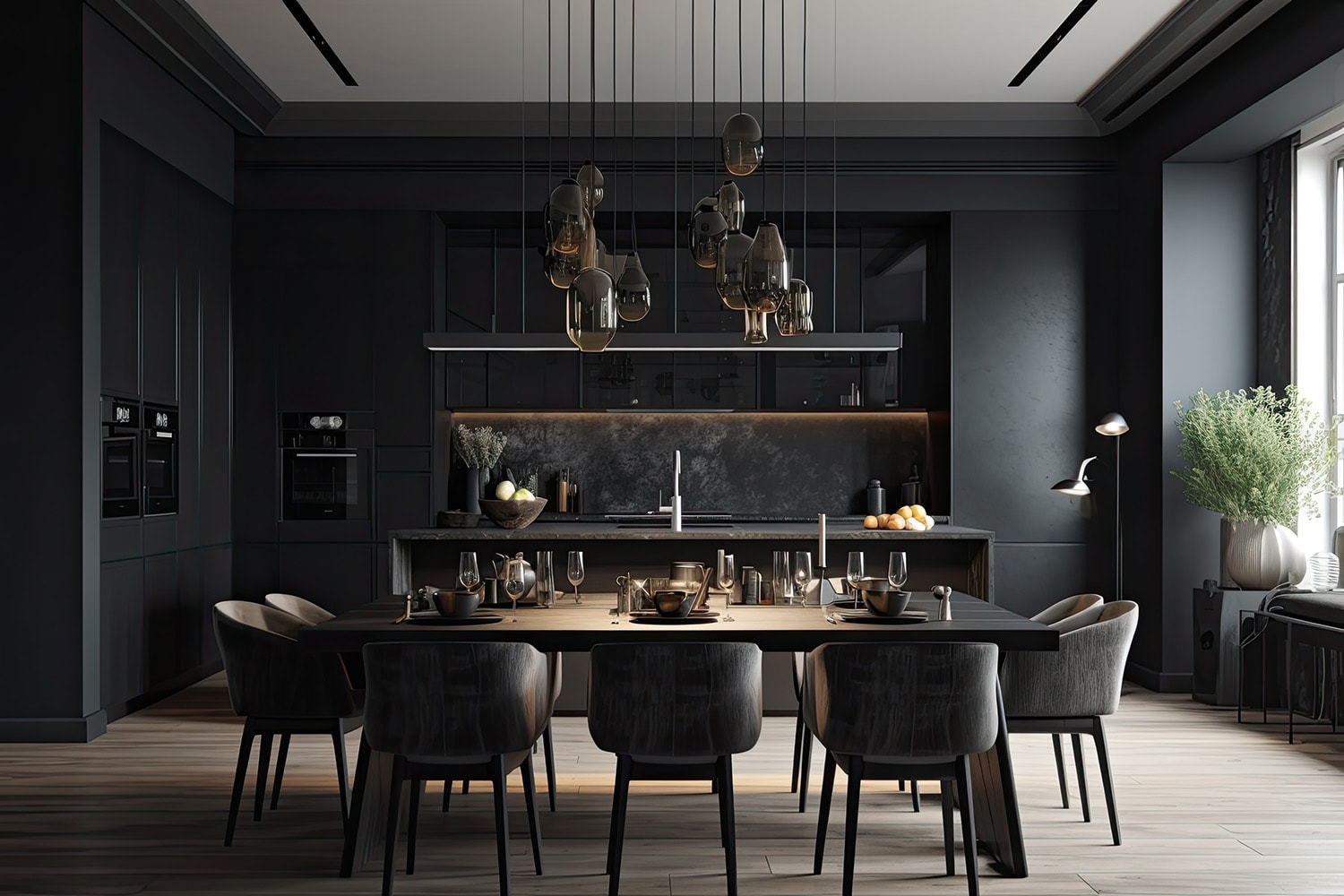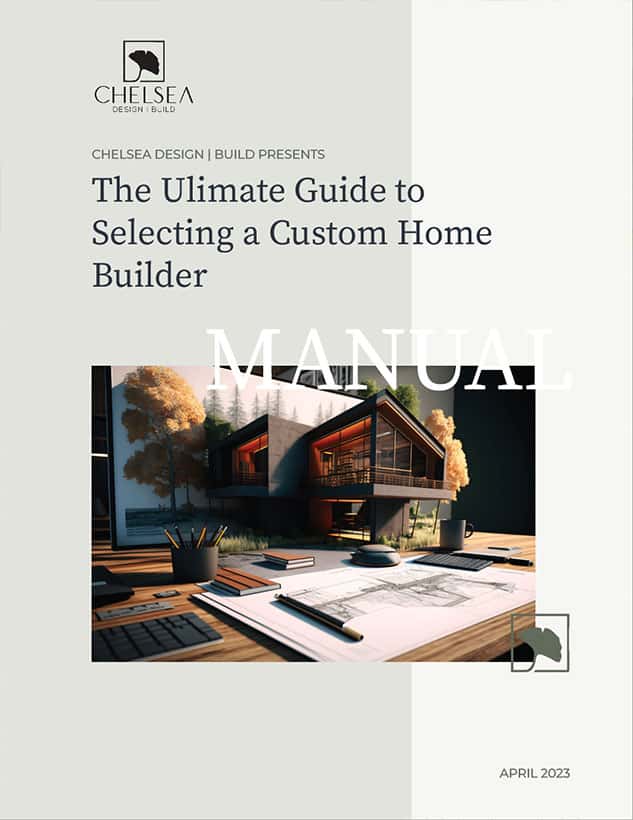
Building a custom home is a dream for many individuals and families. The idea of having a house tailored to your specific needs and preferences is undoubtedly appealing. However, along with the excitement of creating your dream home comes the challenge of staying within your budget. Custom homes can easily become a financial burden if not managed carefully. In this article, we will explore three essential tips to help you stay on budget while building your custom home.
1. Plan Thoroughly and Stick to Your Design
The foundation of a successful custom home project lies in careful planning. Before you even break ground, it’s crucial to have a well-thought-out design and a clear understanding of what you want. A common mistake many homeowners make is changing their design mid-way through the project, which can lead to cost overruns and delays.
Design: Work with an experienced architect who understands your vision and can translate it into a practical design. Consider factors such as the number of rooms, layout, size, and special features you want in your home. It’s tempting to add extravagant elements, but each addition can significantly impact your budget.
Materials and Finishes: Choose your materials and finishes wisely. While luxurious materials might be enticing, they often come with a hefty price tag. Research cost-effective alternatives that still offer the aesthetic appeal you desire. Additionally, ensure that your choices align with the overall design and theme of your home.
Our comprehensive design guide will help you plan and choose the right materials and finishes for your home.
Stick to the Plan: Once your design is finalized, avoid making frequent changes. Changes, no matter how small, can have a domino effect on various aspects of the project, leading to unexpected expenses and delays. If changes are necessary, assess their impact on both the budget and timeline before proceeding.
2. Set a Realistic Budget and Contingency Fund
Establishing a realistic budget is crucial when it comes to building a custom home. Unexpected expenses can arise at any stage of the project, so it’s essential to allocate funds for unforeseen circumstances. This is where a contingency fund comes into play.
Research and Estimates: Before setting a budget, research the current costs of construction materials, labor, and other relevant expenses in your area. Consult with contractors, suppliers, and other professionals to obtain accurate estimates. Consider factors such as the size of your home, complexity of the design, and any special requirements.
Contingency Fund: A general rule of thumb is to set aside around 10% to 20% of your total budget as a contingency fund. This fund acts as a safety net in case unexpected costs arise during construction. It’s essential to resist the temptation to dip into this fund for non-essential changes or upgrades. Only use it for genuine unforeseen expenses.
Prioritize: While it’s natural to want everything to be perfect, prioritize your needs over wants. Allocate your budget to essential aspects of the project first, such as structural integrity, safety features, and functional spaces. Once the essentials are covered, you can allocate remaining funds to aesthetic enhancements and luxury elements.
3. Choose the Right Professionals and Contractors
The success of your custom home project heavily relies on the professionals you choose to work with. Hiring experienced, reputable contractors and professionals can save you both time and money in the long run. Read our guide on how to choose a builder for your custom home.
Research and Recommendations: Take the time to research and gather recommendations for architects, contractors, and other specialists. Look for professionals with a proven track record of delivering quality work within budget constraints. Read reviews, ask for references, and view their previous projects to gauge their capabilities.
Transparent Contracts: When entering into contracts with professionals, ensure that the terms are transparent and clearly outline the scope of work, payment schedule, and any potential additional charges. Avoid vague language that could lead to misunderstandings down the line.
Regular Communication: Maintain open communication with your team throughout the project. Regular updates and progress reports can help identify any potential issues early on, allowing you to address them before they escalate into costly problems.
Conclusion
Building a custom home is a significant undertaking that requires careful planning, realistic budgeting, and the right team of professionals. By thoroughly planning your design, setting a realistic budget and contingency fund, and selecting reputable contractors, you can increase your chances of staying on budget throughout the construction process. Remember that while it’s essential to create your dream home, it’s equally important to do so without incurring unnecessary financial stress. With the right approach, and right partner, you can turn your custom home vision into reality while keeping your finances in check.


